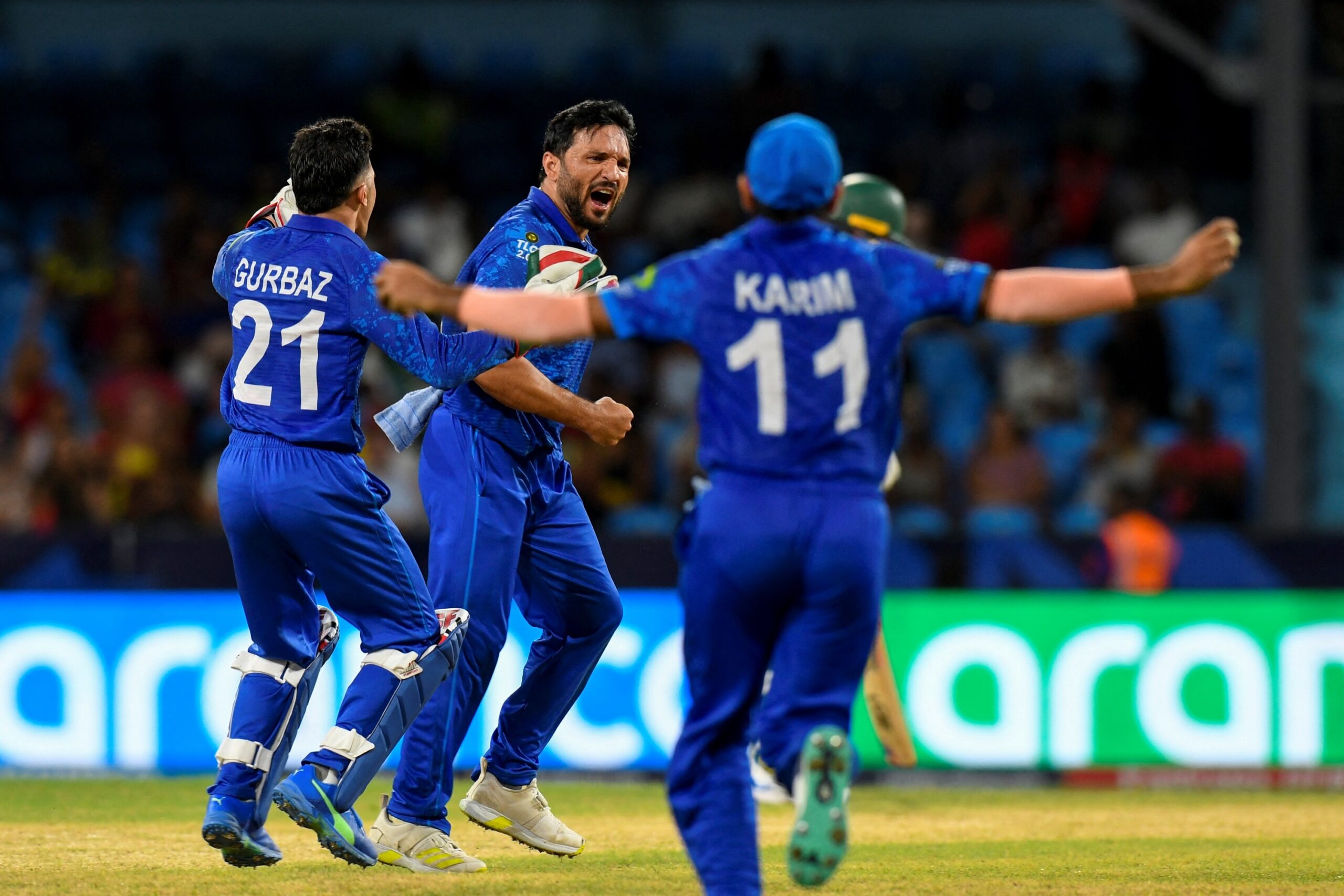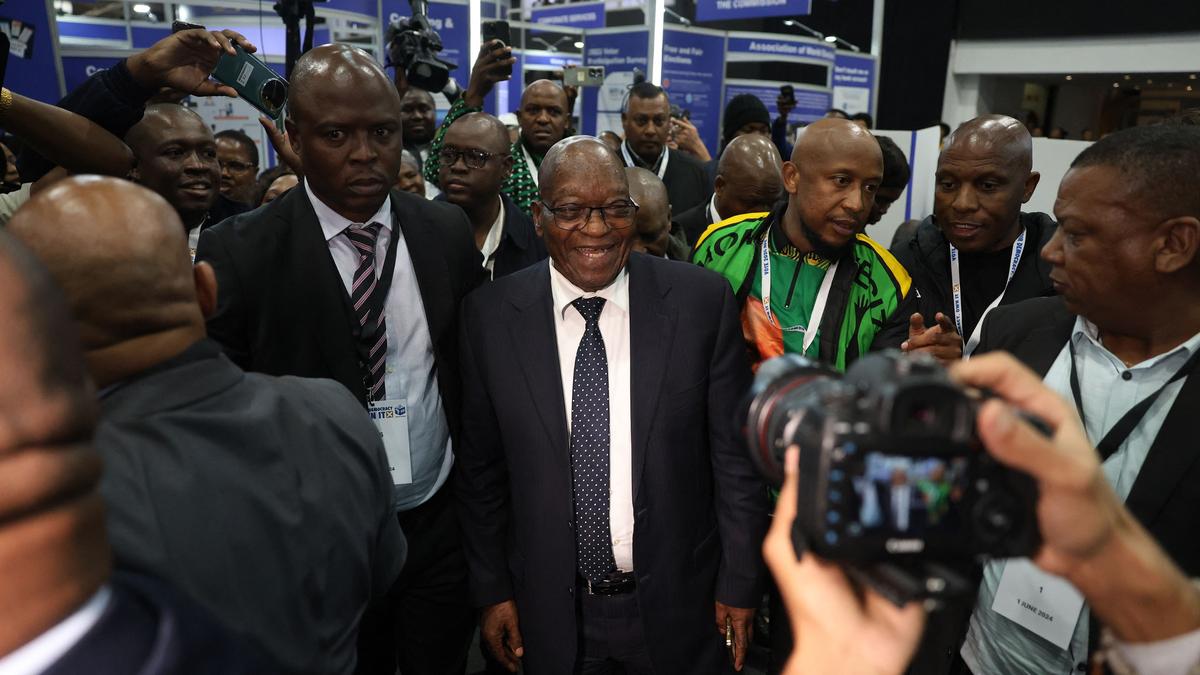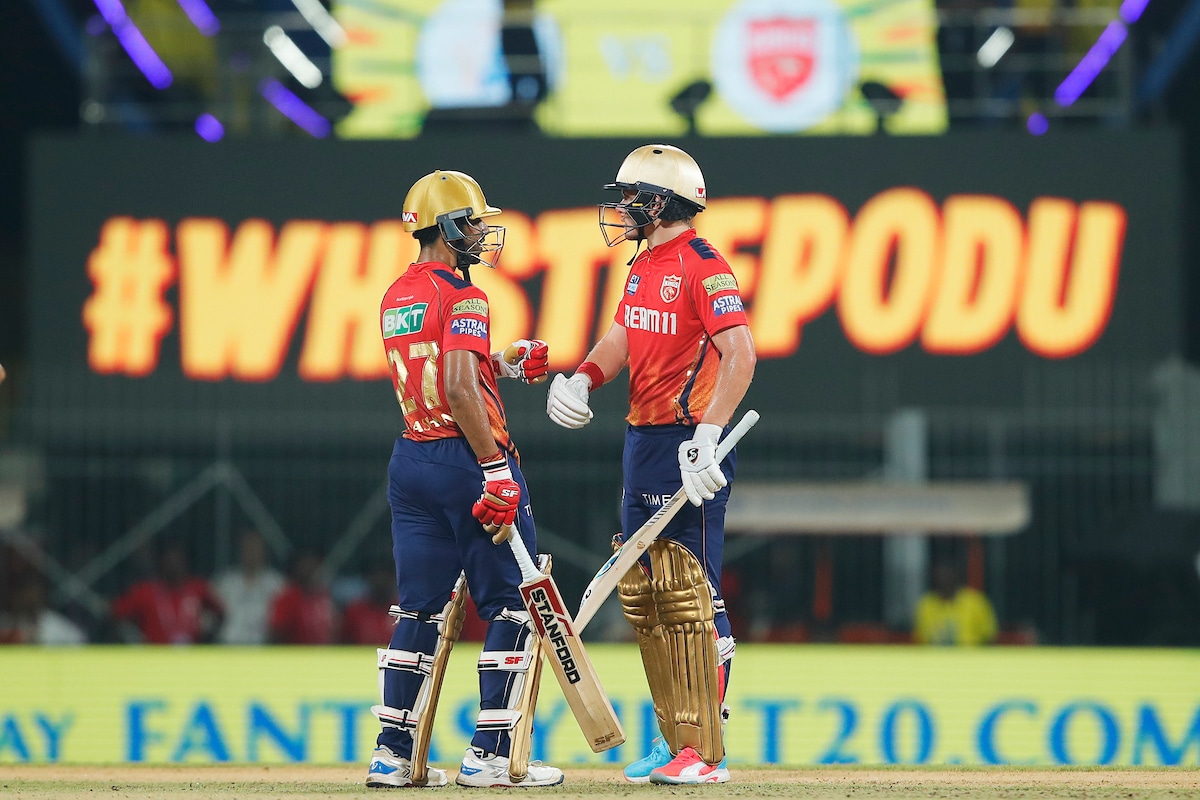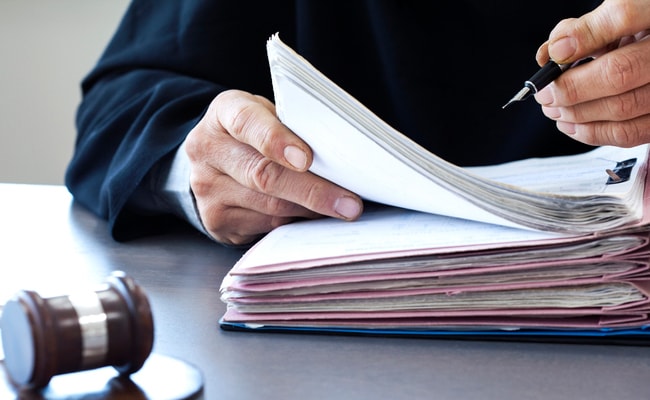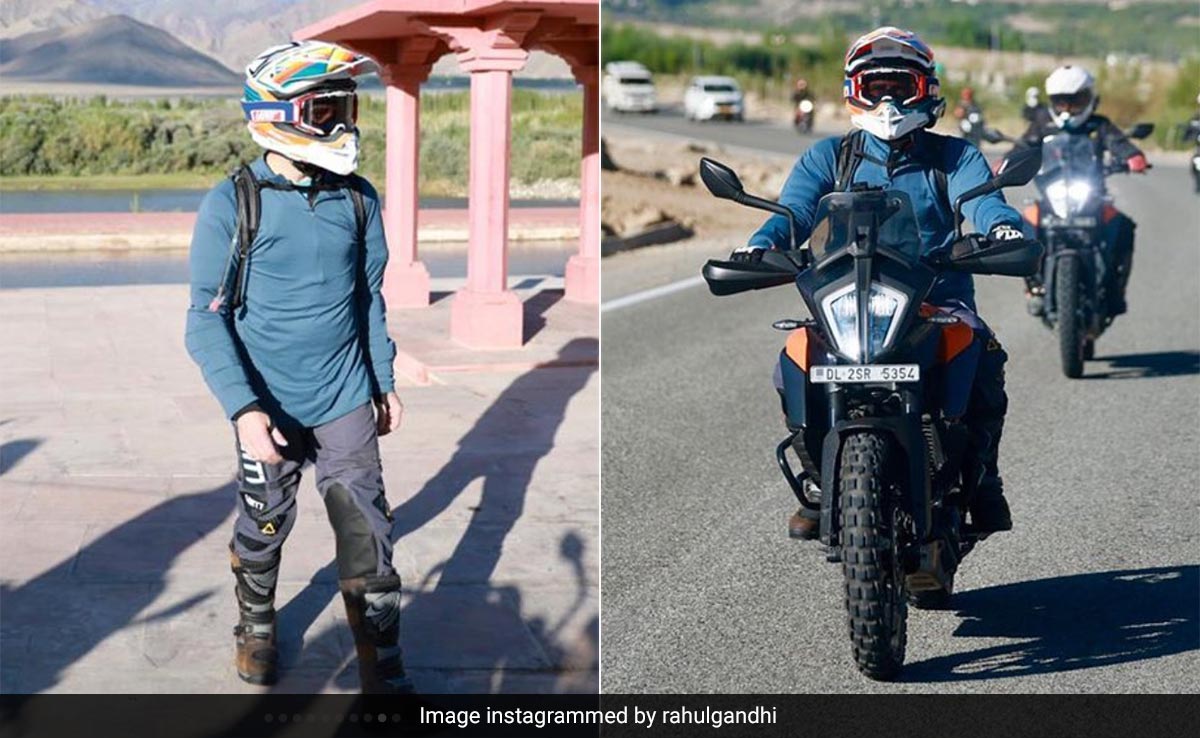Pune should not likened to “Udta Punjab”, Devendra Fadnavis said (File)
New Delhi:
Maharashtra is working to install AI-powered cameras in eateries across Pune and the licences of 70 pubs have been cancelled after the horrific Porsche crash in which a teen driver ran over two techies, Deputy Chief Minister Devendra Fadnavis said in the state assembly today.
The Porsche crash and its aftermath were at the centre of a massive showdown in the state assembly between the government and the Opposition.
Pune has become a drug haven, the Opposition charged.
Tackling the Opposition’s key question – what action has been taken to prevent such accidents in the future, Mr Fadnavis, also the state Home Minister, said, “After the accident, 70 pub licences have been cancelled in Pune. Work is being done to install AI-enabled cameras to know when the establishment shuts for the day, whether the age of the customer was checked upon entry, and what proof of age was provided on entry. If patrons are allowed entry without proof, action will be taken.”
The teen who was driving the Porsche on May 19 was seen on security footage drinking with his friends in two pubs, unstopped by anyone though he is underage.
Opposition’s “Udta Punjab” Charge
Opposition leader in the Maharashtra Assembly Vijay Waddetiwar claimed Pune is becoming like ‘Udta Punjab’ – a reference to the drug menace in the border state.
“Pune is a city where students come from across the country, but there is no place here where you don’t get drugs. This car, which was without a number plate, was on the roads for six months. How did the police allow it to be on the road for so long? If they are doing something later, or changing blood samples, there must be political reasons for it. Rs 5 lakh was taken as hafta (extortion money) from rooftop hotels in the city and Rs 2.5 lakh from smaller outlets. How were 27 pubs running there without permission? What was the Police Commissioner doing? We need a detailed investigation,” he said.
Countering the explosive charges, Mr Fadnavis said, “Pune is the IT hub and the cultural centre of the state. This is why we should not liken it to “Udta Punjab”.
“I am not here to give a clean chit to anyone. The police have taken a very proactive approach here. There is no need to investigate them. This is a new habit, someone brings a paper and talks about rate cards. Here, the police have undertaken the investigation and the information provided by Mr Waddetiwar will be looked into by us,” the Deputy Chief Minister said.
How did the car without a number plate go unnoticed for six months, the opposition questioned. “They had registered the car but not fulfilled the process. The tax was not paid. We will look into it and see if any RTO officers are involved,” Mr Fadnavis replied.
Mr Fadnavis also defended the Pune Police Commissioner and said that he has done a very proactive job, dismissing calls for action against him.
“The accident happened on May 19 around 2:30 am. The accused was beaten by the people gathered at the spot and was later taken to the police station. The police filed a complaint under Section 304(a) of the Indian Penal Code (causing death by negligence). After officials said that Section 304 of the IPC (culpable homicide not amounting to murder) should be filed, it was added to the case diary the same day,” Mr Fadnavis said, defending the police action in the case.
“We very clearly mentioned before the Juvenile Justice Board that the boy is involved in the accident and he is 17 years old… The police said that he should be treated as an adult.
“After Nirbhaya, we have seen that if a 17-year-old commits a crime, he/she can be treated as an adult,” he explained.
The Home Minister also addressed how the cops moved in promptly to prevent the case from being derailed by a blood swap. “When no alcohol was found in the teen’s blood sample, the police figured that something was wrong. They took the teen’s DNA and that of his family. The match returned positive with his father.
“The investigation continued. Several people were arrested, including a doctor. One of the arrested accused confessed to taking Rs 3 lakh to swap out the sample,” he said.
“Following this, a chargesheet was filed and legal evidence was prepared. The crash impact analysis was investigated, and we knew that the lock speed after he pressed the brakes was 110 kmph.
“We got the CCTV footage from along the route the teen took and all legal and technical evidence are put together,” he said.
“Where Did The Police Go Wrong?”
Further extending the government’s support to the police, the former Maharashtra Chief Minister said, “A case was filed against the teen’s father for giving a car to his underage son, against the bar operator, and against the grandfather for asking their driver to take the fall.
“Where did the police go wrong? When the accused was brought in at 3 am, he should have been sent for a medical test immediately. But that happened at 8:30 am. Secondly, when such crimes happen, they usually charge the accused under Section 304(a). The police also did the same in this case but they ideally should have informed the seniors. Those who did not do their work have been suspended,” he said.
In the early hours of May 19, the teenager, who had been drinking with his friends in two pubs in Pune to celebrate his Class 12 results, rammed a speeding Porsche into a two-wheeler and killed two 24-year-old IT professionals in Pune’s Kalyani Nagar area. Aneesh Awadhiya, who was riding the bike was sent flying and hit a parked car, while Ashwini Koshta – riding pillion – was flung 20 feet into the air. Both died on the spot.
At 17 years and 8 months, the teenager was four months short of the legal age for driving and more than seven years shy of Maharashtra’s legal age for drinking. He was initially granted bail within 15 hours of the accident and asked to write a 300-word essay on traffic safety and assist the traffic cops. Following massive outrage over the court order, the teen was sent to a remand home.
Subsequently, several arrests were made in the case, including the teen’s parents and grandfather. The Bombay High Court recently ordered the teen’s release, saying, “We are bound by law, the aims and objectives of the Juvenile Justice Act and must treat him as any child in conflict with law separately from an adult, despite the seriousness of the crime.”


